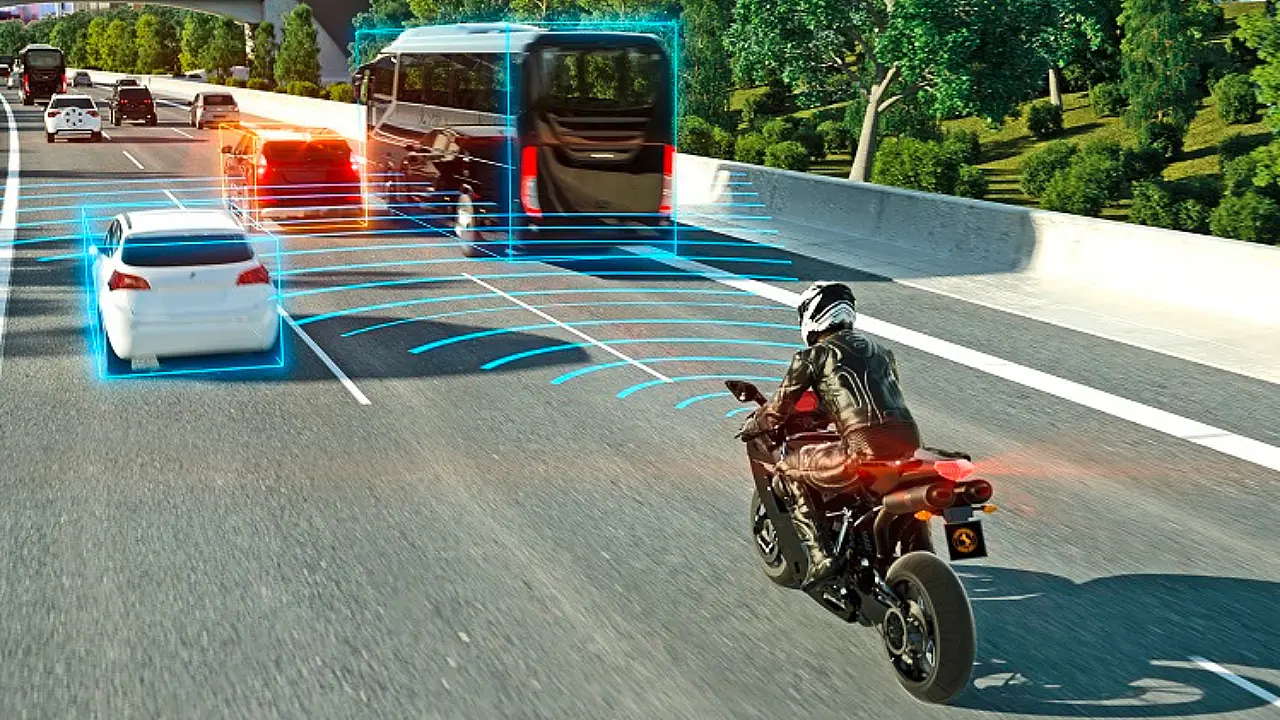
Technology company Continental has commenced testing the Autonomous Rider Assistance System (ARAS), the two-wheeler safety system similar to that of ADAS for four-wheelers.
Speaking to Mobility Outlook, Norbert Hammerschmidt, Vice President of Components Business, Autonomous, Continental, explained that the system will have many features, including automatic cruise control and blind spot monitoring. However, he added that functions like automatic emergency braking are not under consideration for the two-wheeler system, given the critical movements of these machines.
Hammerschmidt said that the company has a clear strategy to tap into India’s biggest automotive space, which is the two-wheeler segment, and the development of ADAS for the vehicle type is a step in that direction.
“We want to sell our products to the two-wheeler market as well. Starting from the two-wheeler market, I think we have a lot of experience and make this adaptation' to this market segment, he said.
The company currently supplies ADAS systems for passenger vehicles to many Indian OEMs. Hammerschmidt explained that in terms of components, the ADAS systems in 2W and 4W will share the same components.
Speaking of the Indian market, he stated that cost is the biggest concern. To survive in a market like India, bringing low-cost solutions becomes the key, he added.
While on the component front, radar-based or camera-based ADAS solutions best suit the Indian market at a lower cost. Continental’s sixth-gen ADAS technology further adds to the cost competitiveness.
Announced in 2021, the sixth-generation radar sensor from the company was created as a modular system with less complexity, allowing for potential cost savings while increasing performance. It introduced improved object detection with higher resolution, range, availability and responsivity, along with surround radar designed for 360-degree environmental detection with a range of around 200 meters.
The most important aspect of the technology for markets like India is that the new generation radar uses a single sensor compared to earlier generations, where multiple sensors were used for separate microcontrollers.
With the new generation, as every function is integrated into a single chip, Hammerschmidt explains that it has hugely benefitted in bringing down the cost of the technology, thus enabling Continental to progress in markets like India, even with two-wheelers.
India Aiding The Growth
While the ADAS technology is still at a nascent stage in India, the country is leading the charts when it comes to the development of the technology. As Hammerschmidt explains, the Technical Centre India (TCI) acts as the biggest R&D centre for the company regarding ADAS components, including radar, cameras, ECUs and ultrasonic sensors.
Meanwhile, with the two-wheeler ADAS technology, TCI has taken the role of developing the complete solution, including the sensor, the Vice President (VP) for the component business explained, continuing that the aim is to take up more such roles for the global market.
The strategy here is ‘in the region for the region.’ “When we are talking about the Indian market, this location is responsible for the Indian market and will execute the R&D work what is necessary; if support from outside is necessary then we will support, but the lead will be from here in India for this,” he concluded.
Also Read
Continental Ups The Ante On Mobility Solutions
Exploring Continental Tires’ Innovations, Sustainability Efforts